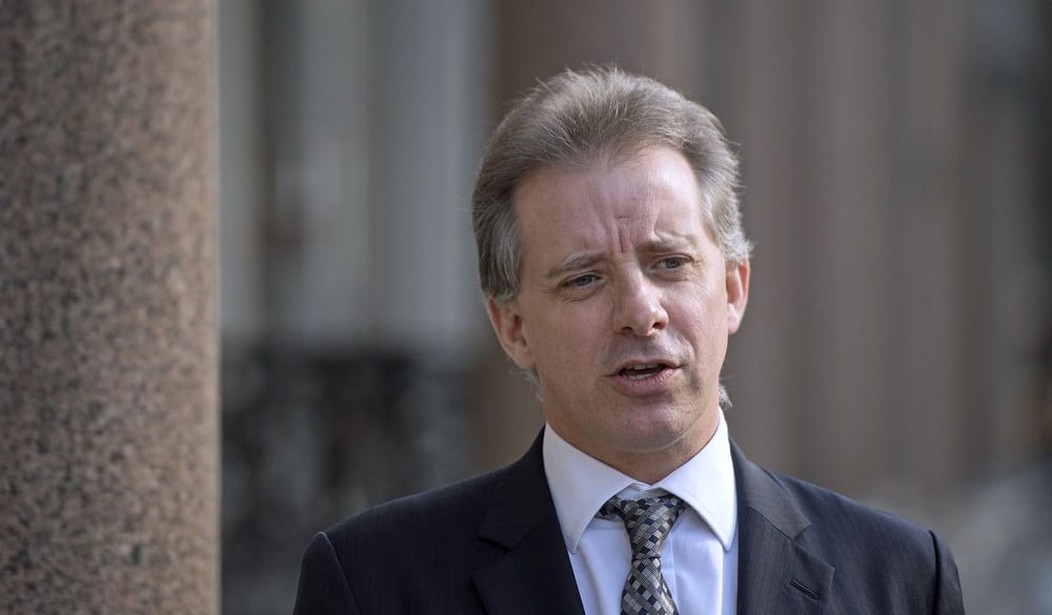This is the second of three related posts I’m going to write today on the FBI, Fusion GPS, and their actions during the 2016 election (part one), part three.
One of the mysteries surrounding the Trump dossier is how it was received by the FBI. Despite the fact that there was nothing in the report that could be actually verified — for instance, Czech authorities say that Trump’s attorney, Michael Cohen, did not visit Prague as alleged — the FBI became totally enamored with the document. So enamored, in fact, that they offered to pay the author, Christopher Steele, $50,000 if he could dig up still more stuff on Trump.
We don’t know what happened next. And we may never know.
Cause of Action Institute, or CoA, a nonprofit watchdog group, wanted to know whether Steele was ever paid by the FBI to probe Trump.
In March of this year, CoA filed a Freedom of Information Act request to the FBI seeking access to records to determine whether the FBI paid, or intended to pay, Steele. CoA filed a lawsuit in federal court the following month against the FBI for not responding to the request.
The FBI replied to CoA last week in a letter, writing that the agency cannot speak to the potential existence of such records.
“The FBI can neither confirm nor deny the existence of records responsive to your request,” the letter, signed by an official in the bureau’s Records Management Division, said.
The FBI argued that it cannot acknowledge the existence of or give access to potential records concerning financial transactions with Steele because the FOIA request “implicates records the FBI may or may not compile pursuant to its national security and foreign intelligence functions.” The bureau provided other reasons for its decision not to disclose information, including concerns over privacy and interfering in ongoing federal investigations.
Cause of Action Institute president and CEO John Vecchione released a statement castigating the FBI’s response.
“The FBI is circling the wagons by claiming potential harm to national security if it discloses its relationship with Christopher Steele,” Vecchione said. “Regardless of whether a payment was ever made, the FBI’s affiliation with a political opposition researcher in the midst of a presidential election deserves scrutiny.”
“The FBI should be forthcoming about whether and how the agency was relying upon a former foreign spy who, in the pay of private parties, compiled a report of salacious accusations intended to harm the reputation of then-candidate Donald Trump,” Vecchione added.
Keep in mind the issue here is NOT what Steele produced or any evaluation of Steele’s work but whether or not appropriated funds were spent to pay for a report by him. This kind of information is not protected by FOIA and it is routinely published on agency websites. Indeed, it must be reported to Congress. There is no way divulging the expenditure of funds can impact an ongoing federal investigation particularly when the disbursement would be nearly a year old.
It is pretty obvious from the vociferous nature of the refusal to answer that the FBI DID pay Steele for more investigatory work. Congress should find out who authorized a private citizen to engage in an unsupervised investigation of a candidate for president and why they thought it was a good idea.













Join the conversation as a VIP Member